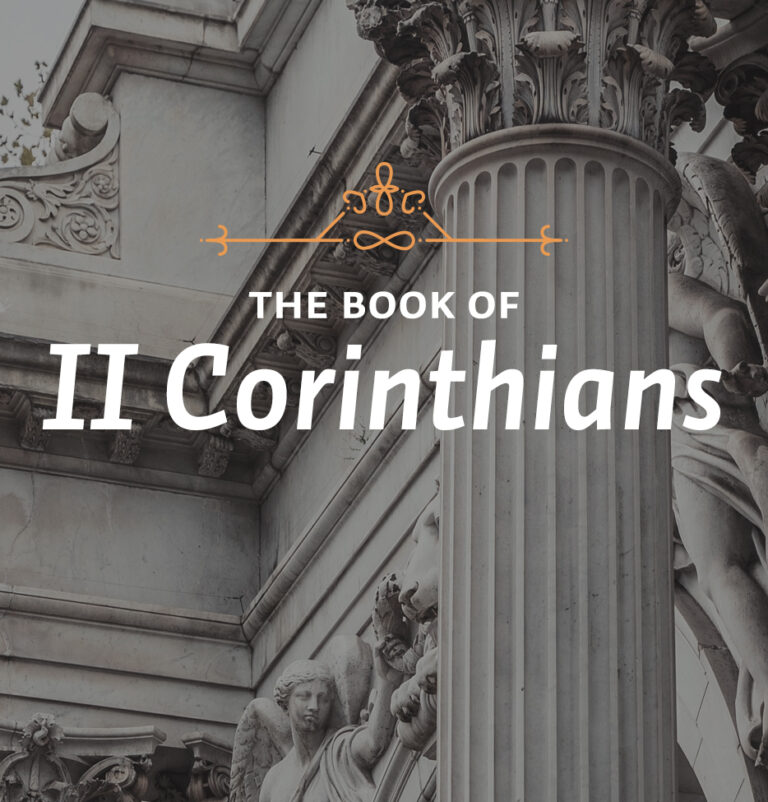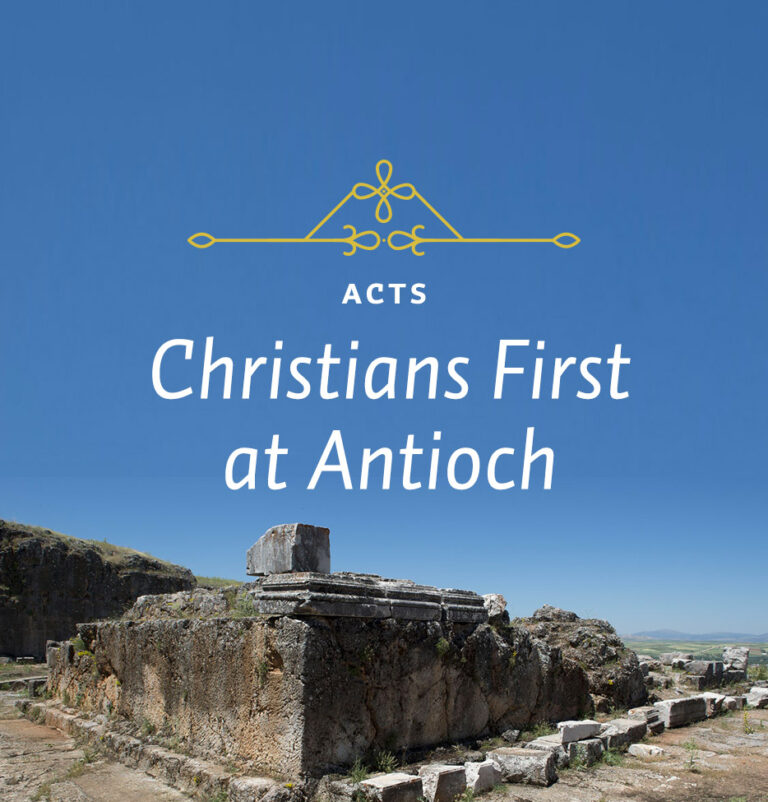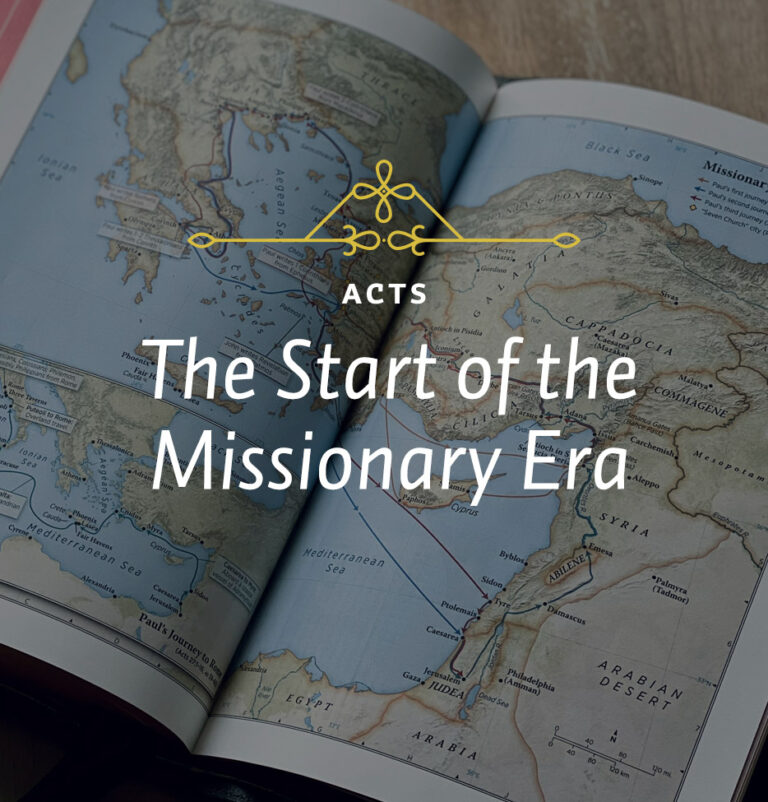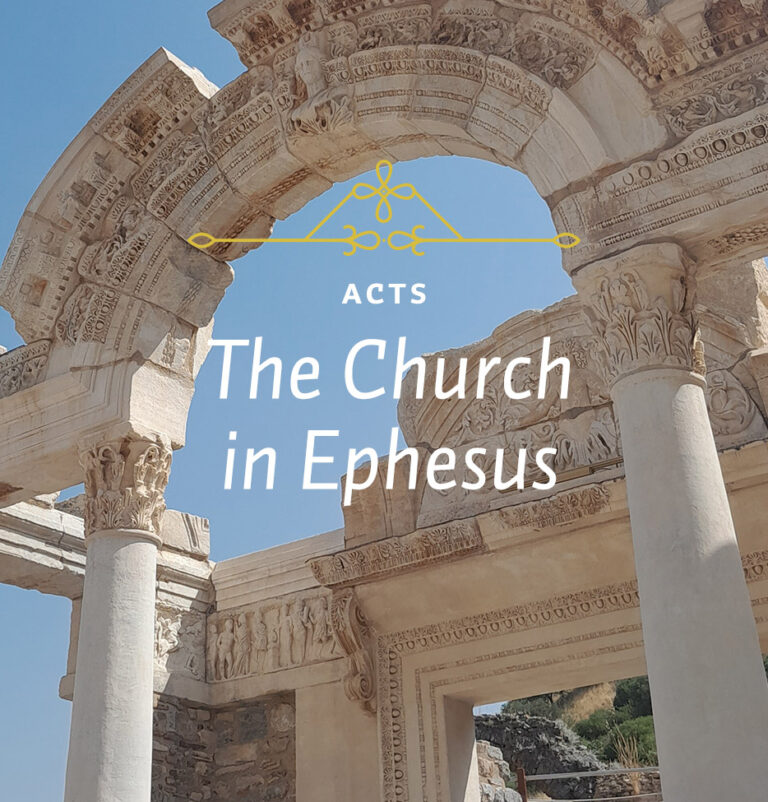Barnabas—these two great missionaries, apostles, the kind of people you might bring into a pulpit on a missionary Sunday and say to the people, “This is what you should be like”—these two great men disagreed so violently that they actually went separate ways. Imagine that! Barnabas took Mark and went to Cyprus, where the missionaries had gone first on the first journey. We do not hear any more about Barnabas and Mark on Cyprus, but tradition says that Barnabas stayed on Cyprus and died there as an old man. Mark eventually was called by Paul to go to Rome. As far as the other missionary team was concerned, Paul took Silas, another leader in the church at Antioch, in place of Barnabas, and the two of them set out overland to visit the churches of Asia Minor.











